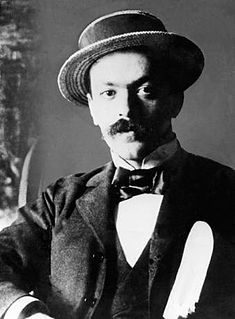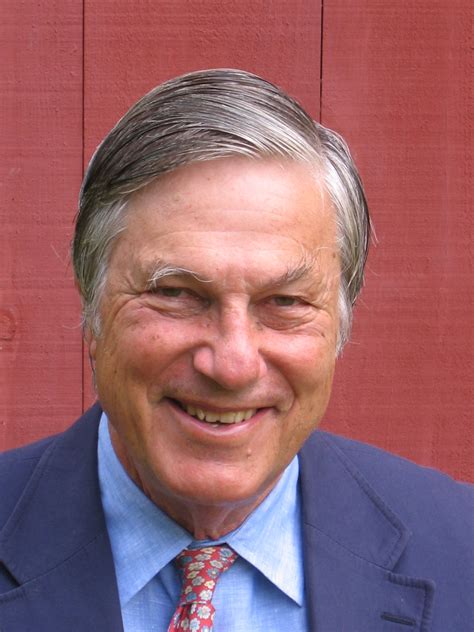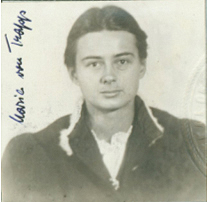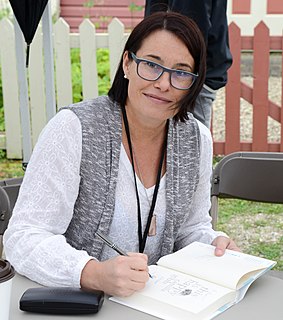A Quote by Italo Svevo
Everyone remembers his past with greater vividness as the present becomes more important. Dying men in their last delirium are supposed to see their whole life spread out before them.
Related Quotes
Our lives become the sum of all whom we have loved. It is important not to waste anyone. One task of living out the last half of life is excavating and recovering all of those whom we loved in the first half. Thus, the recovery of lost loves becomes an important way in which the past affects the present.
These tenses-past, present and future-are not the tenses of time; they are tenses of the mind. That which is no longer before the mind becomes the past. That which is before the mind is the present. And that which is going to be before the mind is the future. Past is that which is no longer before you. Future is that which is not yet before you. And present is that which is before you and is slipping out of your sight. Soon it will be past.
For the greater a man's works for the future, the less the present can comprehend them; the harder his fight, and the rarer success. If, however, once in centuries success does come to a man, perhaps in his latter days a faint beam of his coming glory may shine upon him. To be sure, these great men are only the Marathon runners of history; the laurel wreath of the present touches only the brow of the dying hero.
O, but they say, the tongues of dying men enforce attention, like deep harmony: where words are scarce, they are seldom spent in vain: for they breathe truth, that breathe their words in pain. he, that no more must say, is listened more than they whom youth and ease have taught to gloze; more are men's ends marked, than their lives before: the setting sun, and music at the close, as the last taste of sweets, is sweetest last; writ in rememberance more than things long past
One of the chief obstacles to intelligence is credulity, and credulity could be enormously diminished by instructions as to the prevalent forms of mendacity. Credulity is a greater evil in the present day than it ever was before, because, owing to the growth of education, it is much easier than it used to be to spread misinformation, and, owing to democracy, the spread of misinformation is more important than in former times to the holders of power.
What is a Poet? He is a man speaking to men: a man, it is true, endued with more lively sensibility, more enthusiasm and tenderness, who has a greater knowledge of human nature, and a more comprehensive soul, than are supposed to be common among mankind; a man pleased with his own passions and volitions, and who rejoices more than other men in the spirit of life that is in him; delighting to contemplate similar volitions and passions as manifested in the goings-on of the universe, and habitually impelled to create them where he does not find them.
The grief of a child is always terrible. It is bottomless, without hope. A child has no past and no future. It just lives in the present moment - wholeheartedly. If the present moment spells disaster, the child suffers it with his whole heart, his whole soul, his whole strength, his whole little being.
It is a common error, and the greater and more mischievous for being so common, to believe that repentance best becomes and most concerns dying men. Indeed, what is necessary every hour of our life is necessary in the hour of death too, and as long as one lives he will have need of repentance, and therefore it is necessary in the hour of death too; but he who hath constantly exercised himself in it in his health and vigor, will do it with less pain in his sickness and weakness; and he who hath practiced it all his life, will do it with more ease and less perplexity in the hour of his death.
At the solemn moment of death, every man, even when death is sudden, sees the whole of his past life marshalled before him, in its minutest details. For one short instant the personal becomes one with the individual and all-knowing ego. But this instant is enough to show to him the whole chain of causes which have been at work during his life.
The saints should always remember that God sees not as man sees; that he does not willingly afflict his children, and that if he requires them to endure present privation and trial, it is that they may escape greater tribulations which would otherwise inevitably overtake them. If He deprives them of any present blessing, it is that he may bestow upon them greater and more glorious ones by-and by.
Human beings look separate because you see them walking about separately. But then we are so made that we can see only the present moment. If we could see the past, then of course it would look different. For there was a time when every man was part of his mother, and (earlier still) part of his father as well, and when they were part of his grandparents. If you could see humanity spread out in time, as God sees it, it would look like one single growing thing--rather like a very complicated tree. Every individual would appear connected with every other.
It is not simply what one remembers, but why. There are sites of amputation where the past is severed from the body of the present. Remembering only encourages the growth of phantom limbs. And it is not simply what one remembers, or why, but what to do with what one remembers, which of the scattered pieces to carry forward, what to protect and preserve, what to leave behind.





































